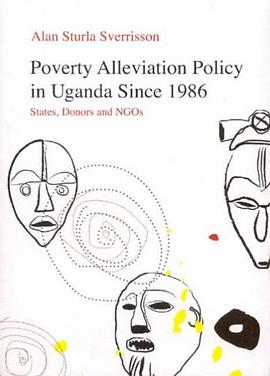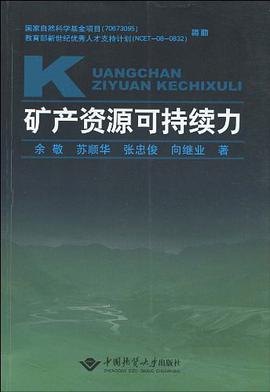

具体描述
The overall aim of this book is to ask what the reforms of poverty alleviation programmes and policy tell us about state reform. This can be divided into two elements. Firstly, to evaluate critically the impact of the institutional reforms mandated under the Structural Adjustment agenda on the governance of poverty alleviation programmes. Secondly, to analyse the structural, attitudinal and behavioural dimensions of the progress towards the reform of the African state in the process of poverty alleviation. A key issue that is emerging in the political development of African states is the increasing role of the World Bank and donor organisations, as well as a greater contribution of NGOs in the formulation and implementation of policy. It is hypothesised that policy is forming as a part of a triangular relationship between state institutions, donor agencies and NGOs. Poverty Alleviation Policy in Uganda Since 1986 concerns the way that active state intervention in the alleviation of poverty is decreasing, while on the institutional level, a transformation is occurring that is taking provision away from the state sector and reducing the role of public transfers to the poor. This work highlights a fundamental contradiction in the poverty alleviation agenda; namely that it has been pursued to address short-term problems, while the strategy and institutional environment are designed to yield results only in the long term.
作者简介
目录信息
读后感
评分
评分
评分
评分
用户评价
相关图书
本站所有内容均为互联网搜索引擎提供的公开搜索信息,本站不存储任何数据与内容,任何内容与数据均与本站无关,如有需要请联系相关搜索引擎包括但不限于百度,google,bing,sogou 等
© 2026 onlinetoolsland.com All Rights Reserved. 本本书屋 版权所有




















